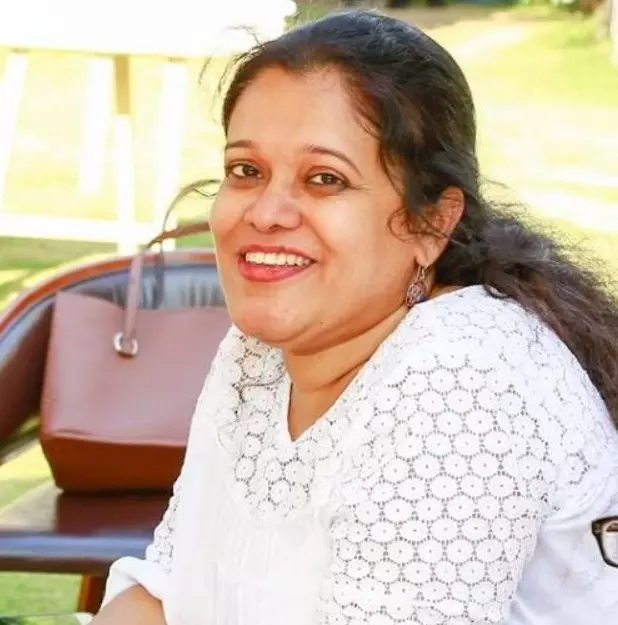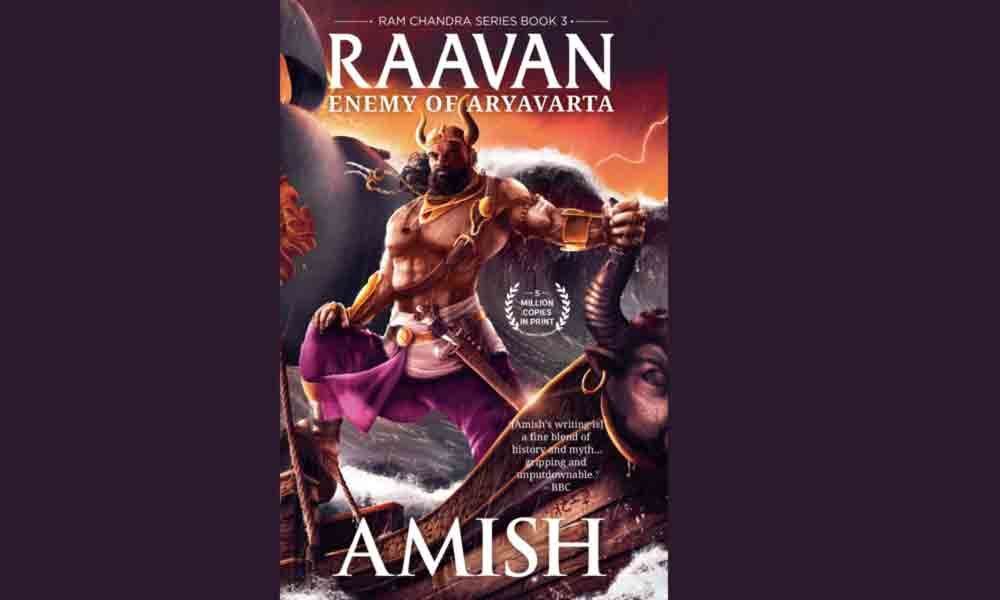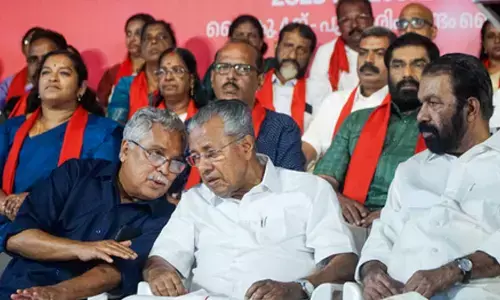I am glad it's over
Amish Tripathi's latest 'Raavan: Enemy of Aryavarta' is book number three in Ram Chandra Series. It sheds light on Raavan, the king of Lanka. And the light shines on darkness of the darkest kind…
It is the darkest book I have written so far. Emotionally it took its toll. I am glad it's over," shares Amish Tripathi, whose narrative of Raavan, the anti-hero of Ramayan in his third book in the Ramchandra series is closer to ancient texts.
"The ancient versions of Ramayan had the far more nuanced perspective of Raavan. It's only in the recent times that it has been made quite simplistic where Raavan is a bad and dark person," he shares and adds "he was very violent, had a huge temper, and massive ego. He had strengths too. He was a very talented and accomplished person in terms of knowledge, art and administration."
An avid reader, Amish says he has been doing research for his books since the time he did not even know he would be a writer. "On average I can say I read 100 pages for every page I write. I read a lot; I don't do much else. I don't do TV panel discussions or corporate speeches, you don't find my pictures on Page 3 or giving too many interviews. I just love doing research and I keep writing. My entire life has been like this. I don't do research just for a book. I do it because I like doing it, and which knowledge goes where only Lord Shiva knows," says the deeply religious author. His first book in the series, 'Scion of Ikshvaku' begins with a war between Dasrath and Raavan inspired by Anand Ramayan, which he read several years ago, just like several other scenes and incidents in his book that are part interpretation, part imagination and mostly a lot of reading that he has been doing for years now.
There is so much more to write and the author will never run out of material. Amish says, "There is a lovely line in 'Ramcharitmanas' – Hari Anant, Harikatha Anata - The lord has come to us in many forms and many stories in the many forms. Almost all the stories that you find in India, even the modern ones are an adaptation of Ramayan or Mahabharat or an incident from the epics. We are obsessed with our Gods and Goddesses, in a good way. Regardless of where we are from or what language we speak, one of the reasons our culture has not died is because we keep exploring these stories in several perspectives. We just want to keep hearing them again and again. That's our strength," he relates.
"And, any interpretation, if done with respect, will be accepted," he adds.
Most of his books have been acquired for adapting into movies, however, it seems to be some time before one can hope to watch a movie based on his books. "There are huge budgets involved. And it will happen when it must. 'Lord of Rings' took 70 years to be adapted into a film," he states. I think Ranveer Singh will be good as Raavan though," he suggests when questioned on his choice of a movie star for his lead characters.
Amish Tripathi's success with his first book is an iconic story that is inspiring for many a young writer. "Times have become more challenging since then," says the author, "I consider myself very lucky, I belonged to an earlier period. Now, the market has become a lot more challenging. Internet was supposed to be a great democratising tool. But ironically it did not turn out that way. It made publishing easy for all those who were ignored by the original gatekeepers, who used to decide which book gets published, which won't, and most of us were not even considered. Publishing has become easy. But, getting noticed that much more difficult," says one of the most successful authors of India.
"Book stores are vanishing and are not being replaced. There was a time when hardcore readers, who read 4-5 books a month, would go to these bookstores, browse through the books, find a new author, and if they like what they read, they spread the word. That is how I was discovered. Such browsing in impossible on a mobile application today. The algorithms are so advanced that you get stuck. An app suggests books to read based on popularity or if you express interest. That would leave out the new authors, who are waiting to be discovered. And, it is not easy to browse on an application. For the author - You are one book fighting in one lakh books. How do you get noticed?
Amish Tripathi raises a pertinent question that haunts every creative field fighting for space in the virtual world.






